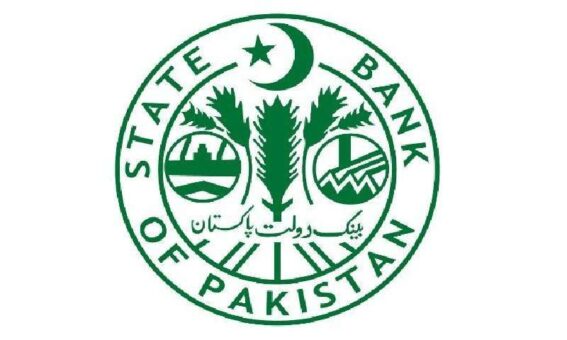Karachi, December 17, 2024 – The State Bank of Pakistan (SBP) has expressed concerns over potential risks to the inflation outlook, particularly due to the possibility of additional tax measures. During a briefing following the latest decision by the Monetary Policy Committee (MPC), analysts at Insight Securities (Pvt) Ltd noted that the SBP Governor indicated a more optimistic outlook for FY25.
The average inflation forecast has been revised downward and is now expected to remain significantly lower than the earlier prediction of 11%-13%.
Despite this revision, the SBP cautioned that inflationary pressures persist, especially in core inflation, which saw a slight decline in November, while consumer inflation expectations have edged higher. The Governor emphasized that the inflation outlook remains vulnerable to various risks, including the potential additional revenue measures, a potential resurgence in food inflation, and rising global commodity prices.
In MPC meeting of December 16, 2024, the central bank announced a further reduction of 200 basis points in the benchmark interest rate, bringing it down to 13% from the high of 22% recorded in June 2024. This move is primarily driven by the continued decline in food prices. However, the committee also noted that persistent core inflation and volatile inflation expectations from both consumers and businesses remain significant challenges. Additionally, key demand indicators have shown signs of improvement, suggesting some stabilization in the economy. The central bank believes that the current monetary policy approach is adequate to manage both inflationary and external risks, while also supporting economic growth.
Among the key developments highlighted by the MPC was the third consecutive month of a current account surplus, supported by favorable global commodity prices. There has also been an increase in credit off-take, particularly driven by the Advances-to-Deposits Ratio (ADR) threshold, although the Federal Board of Revenue (FBR) is facing a widening shortfall in its revenue collection targets.
The committee emphasized that the policy rate cuts since June 2024 are beginning to take effect, with the real policy rate remaining suitably positive to ensure that inflation stabilizes within the target range of 5%-7%. For FY25, the average inflation is expected to be much lower than initially forecast, although the inflation outlook remains exposed to several risks.
The Governor also addressed concerns regarding external debt repayments, revealing that out of the total payable amount of US$26.1 billion, US$10.4 billion has already been paid or rolled over. The remaining debt repayment for the fiscal year, excluding planned rollovers, stands at approximately US$5 billion. The Governor assured that the pipeline for planned inflows remains strong, with the current account for November 2024 expected to show a substantial surplus, well above the current run rate.
In response to questions, the Governor highlighted that the sharp decline in the policy rate is likely to provide relief on the expenditure front for the government, and despite the shortfall in revenue collection, the fiscal balance is expected to remain within the budgeted range.
